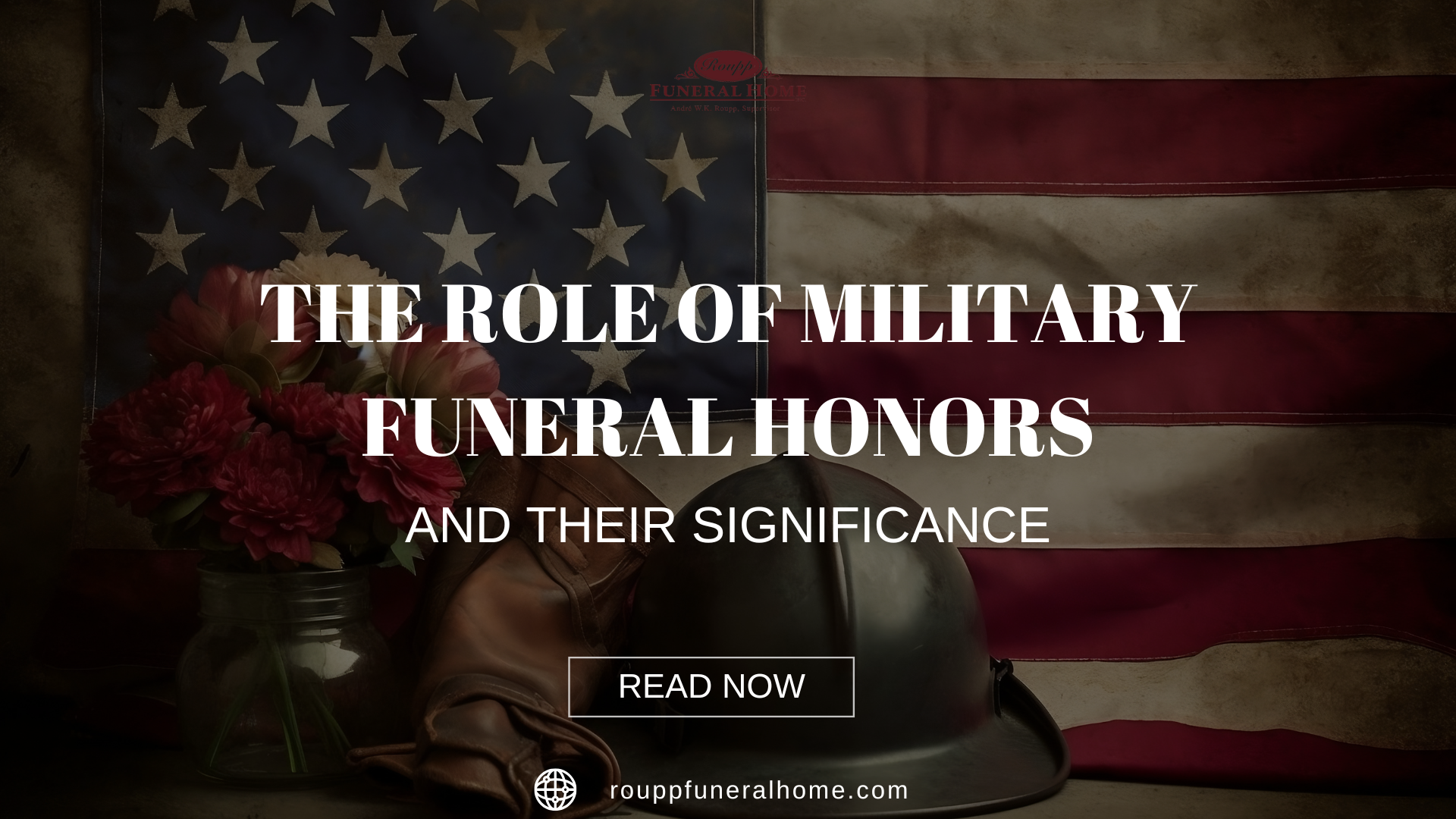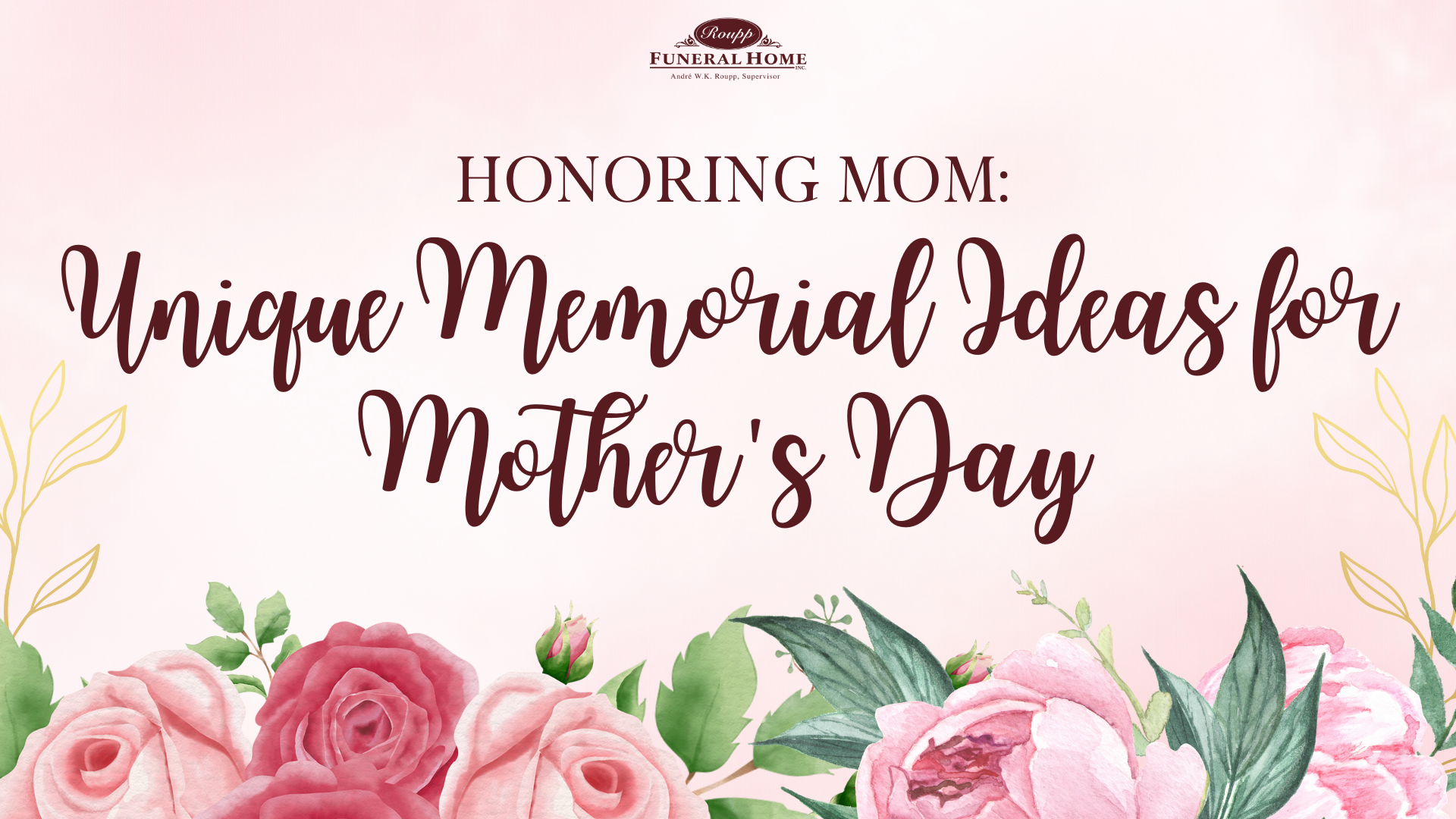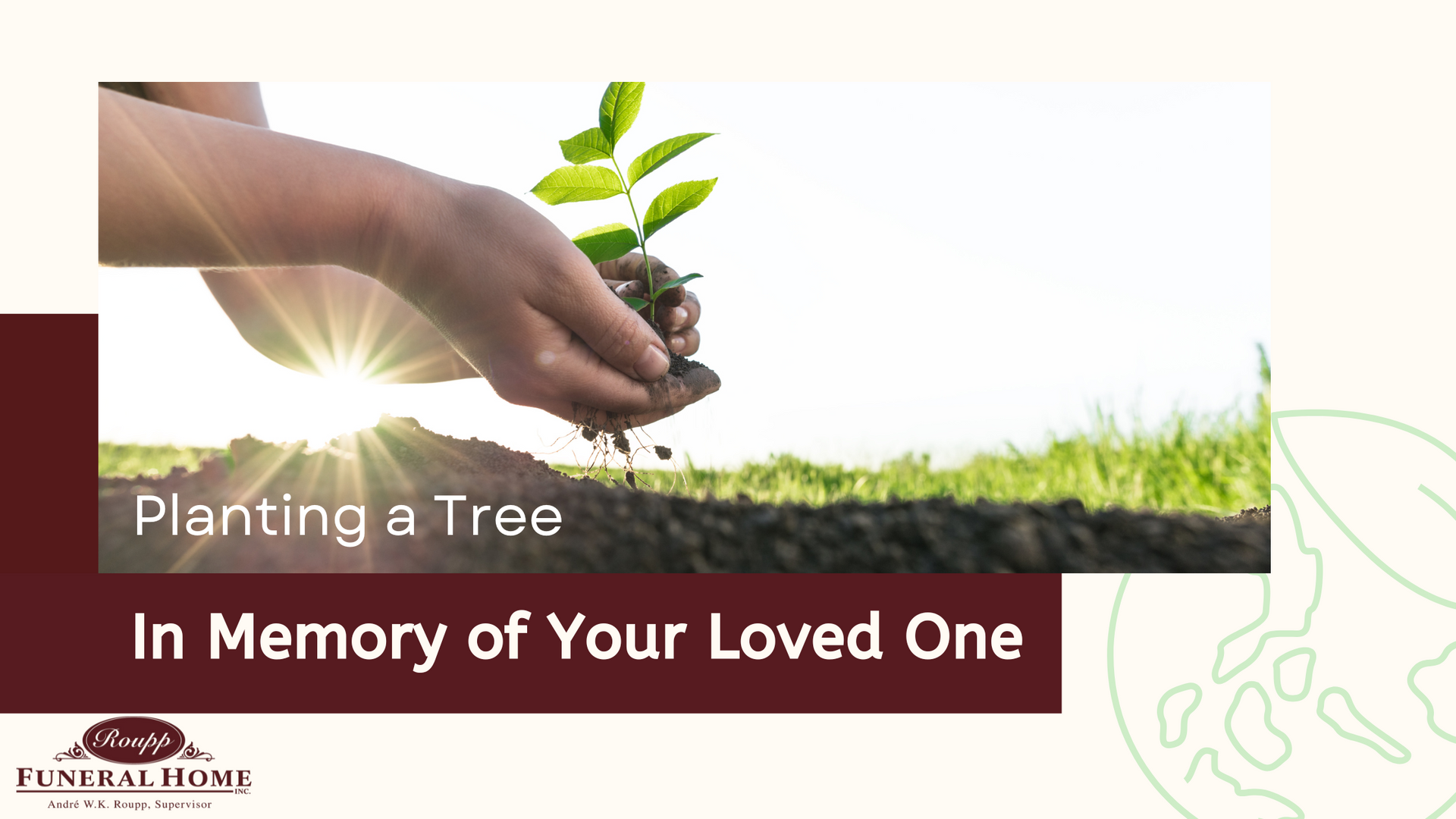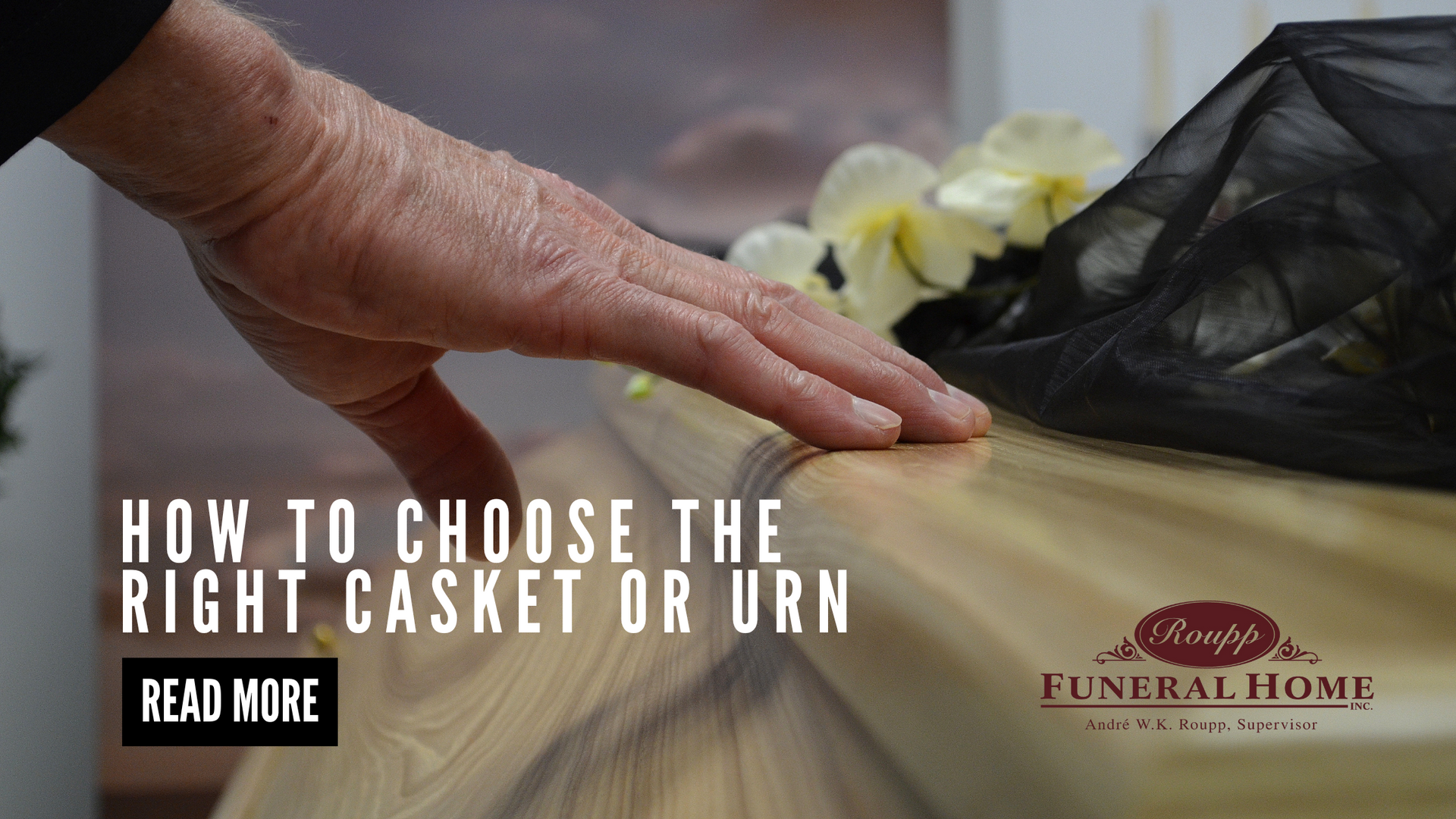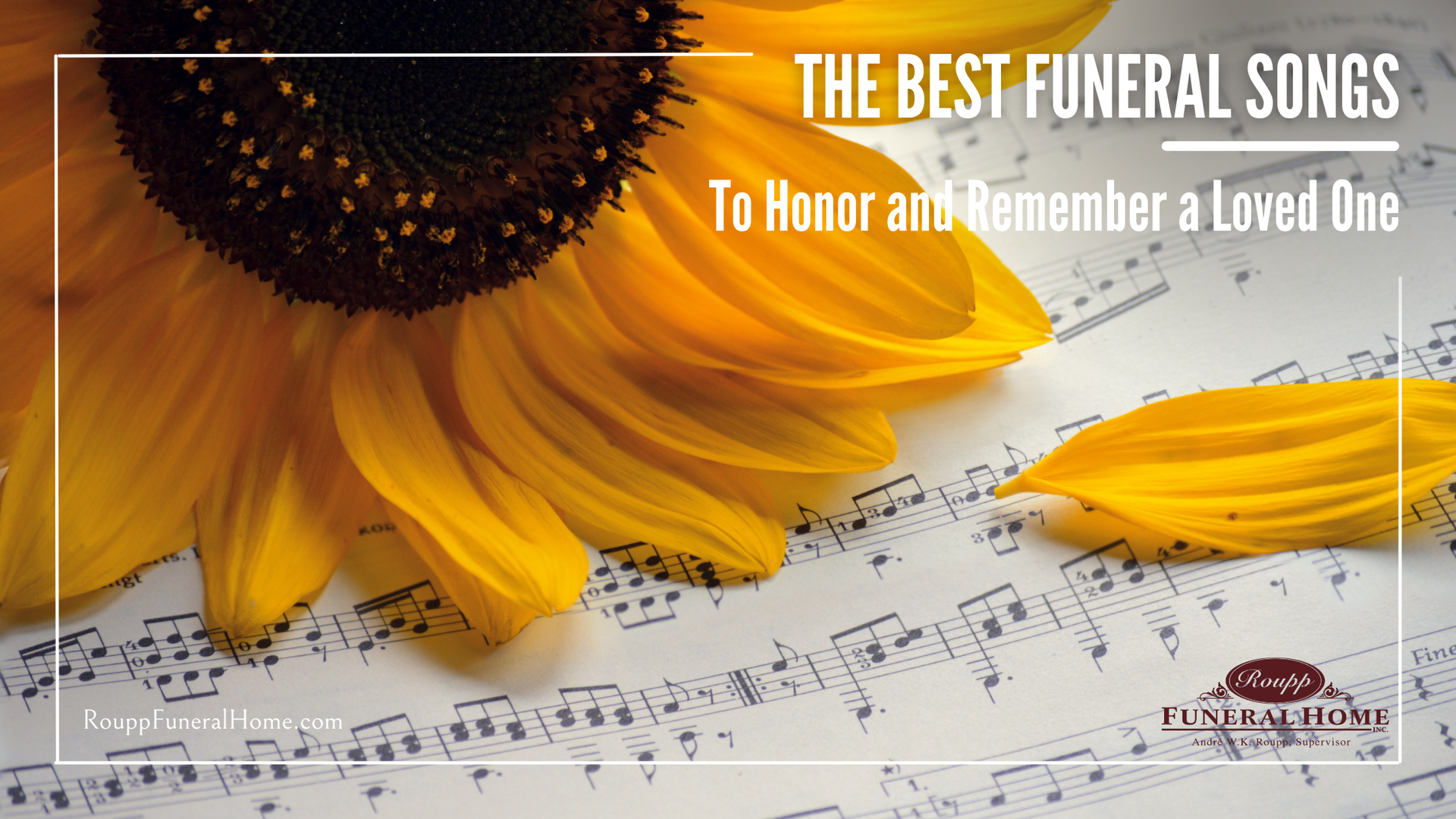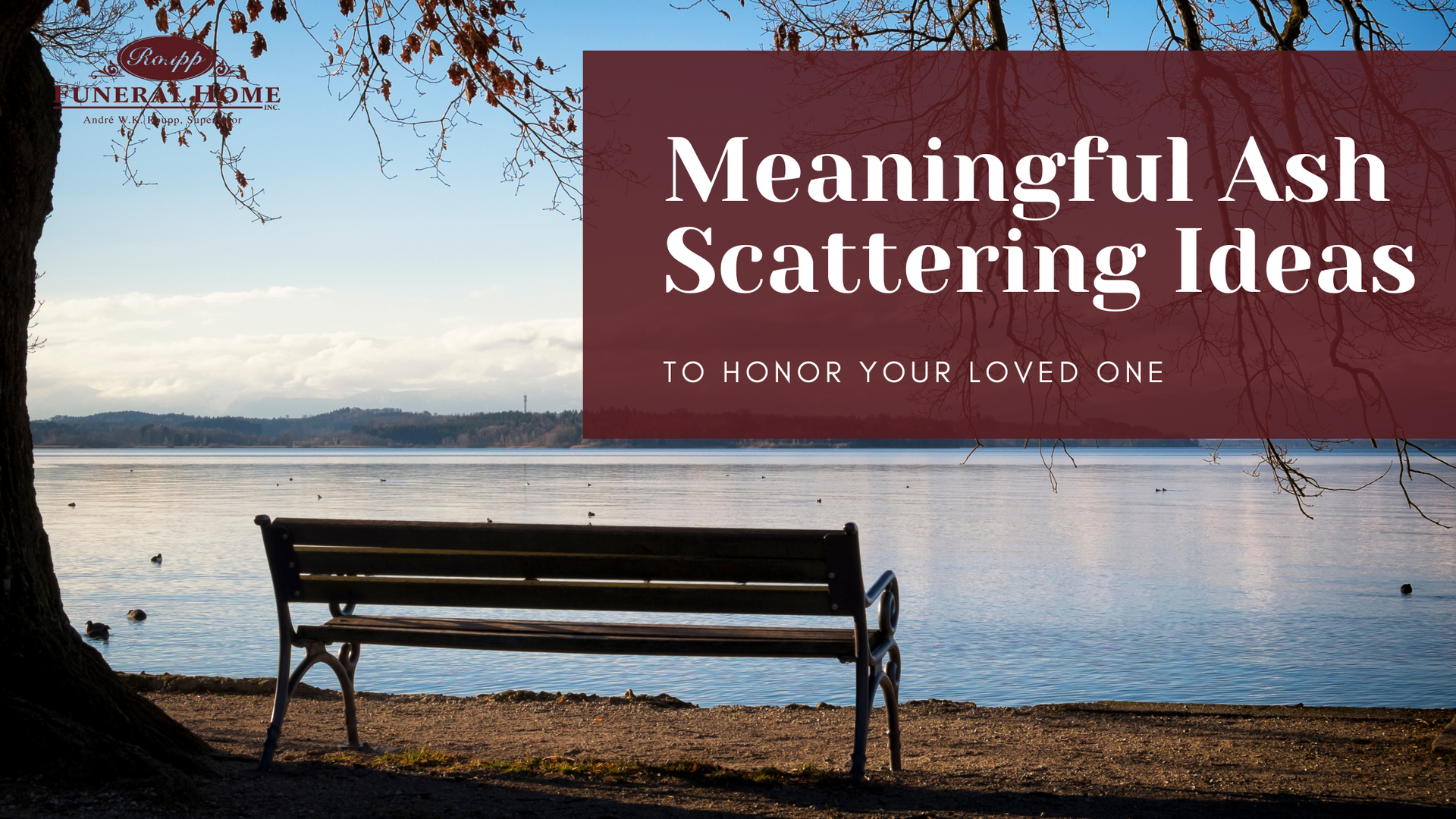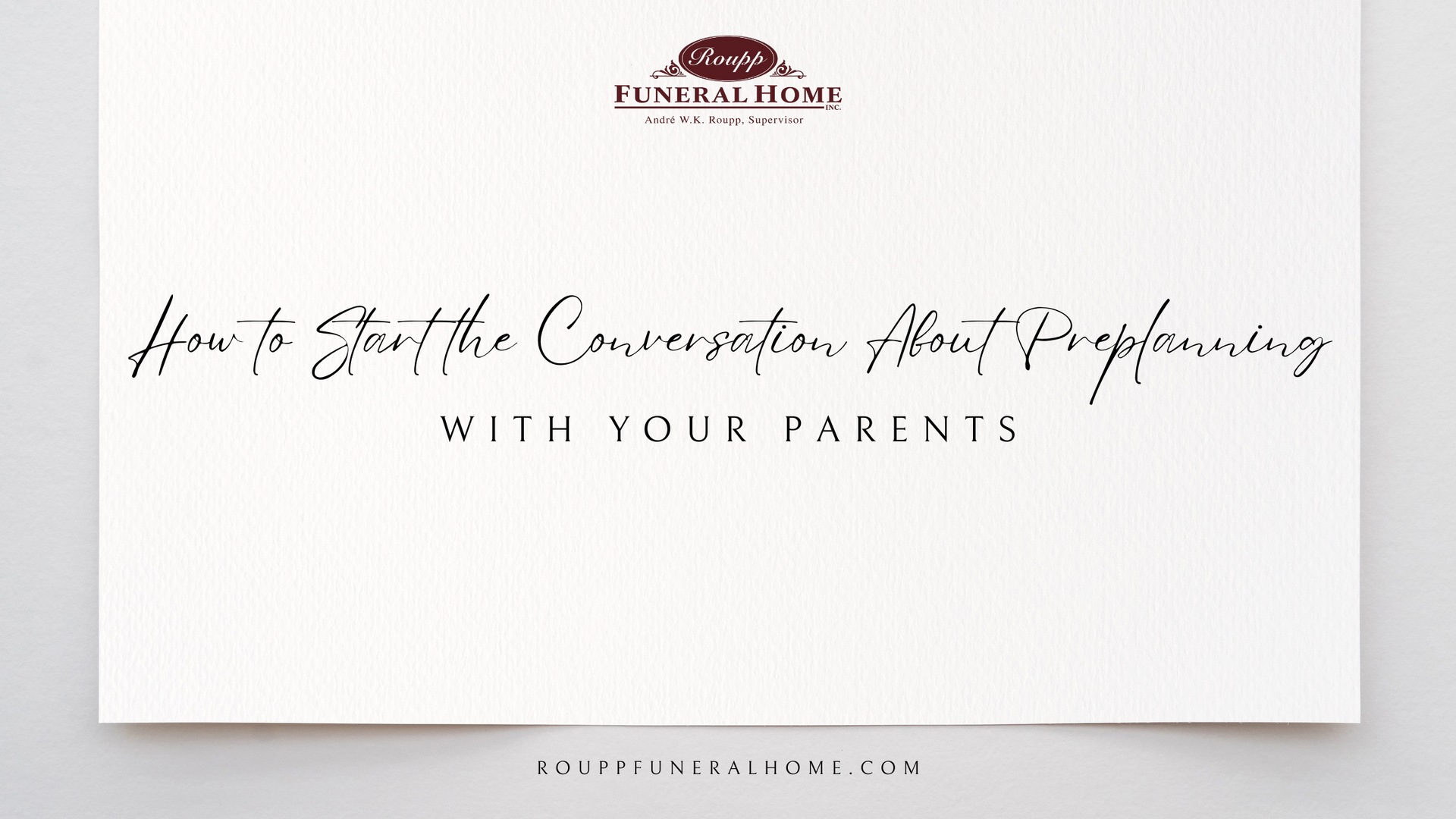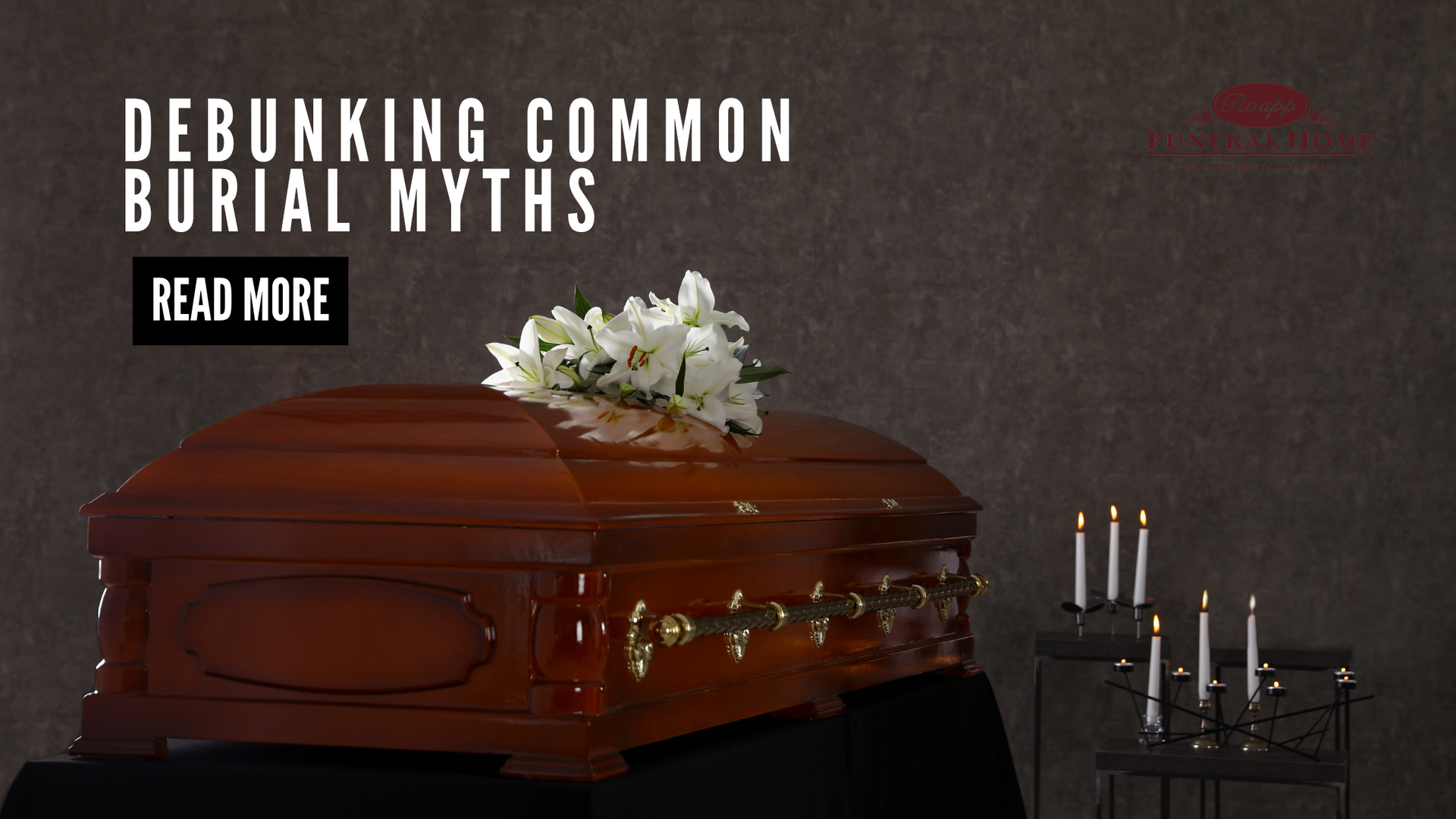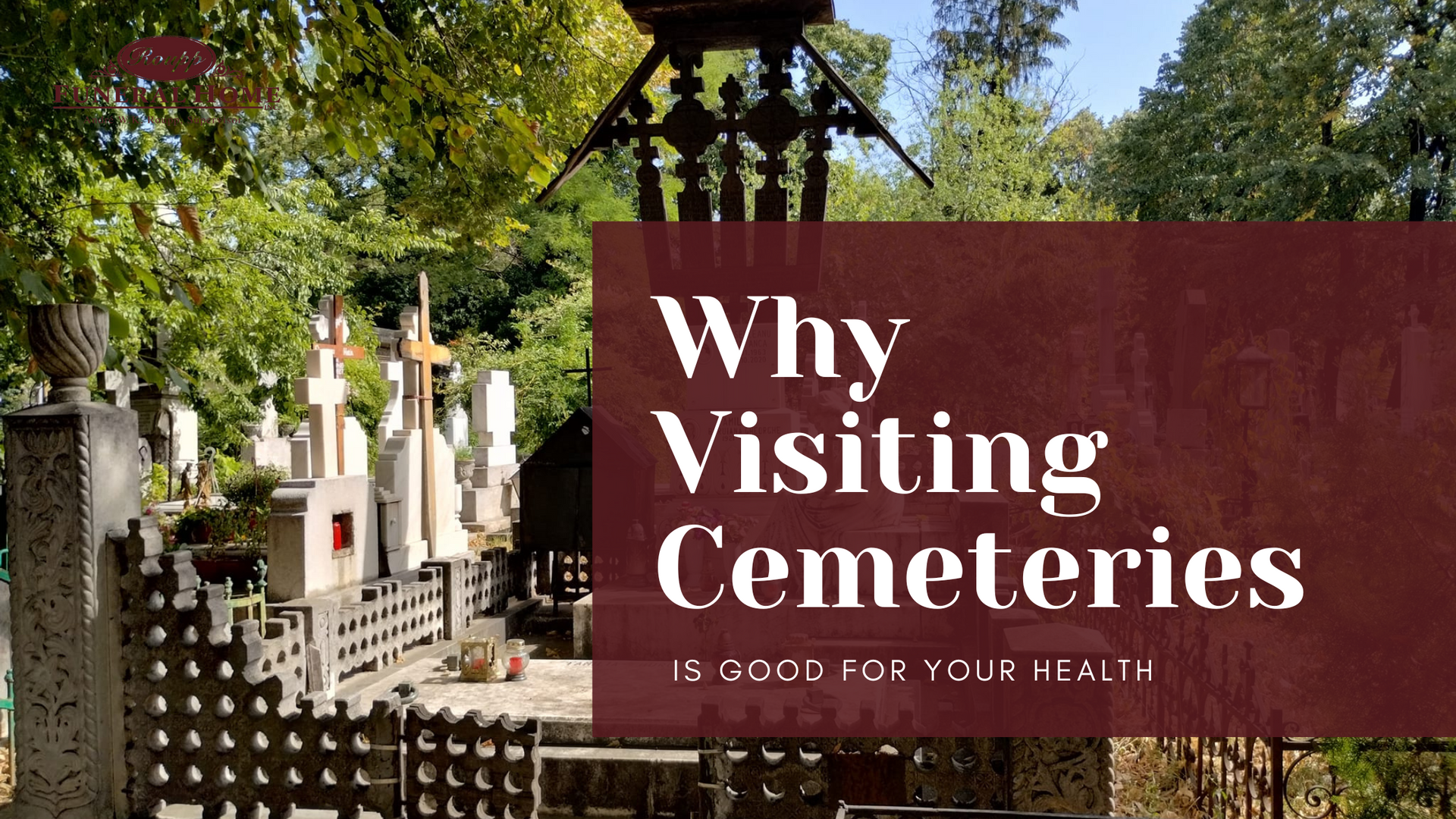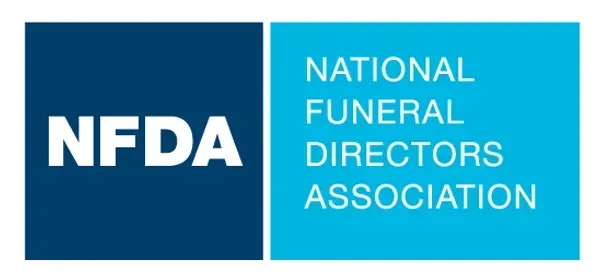Your Guide to Funeral Procession Etiquette
As we come together to celebrate the departed's life, it is essential to observe specific protocols, especially when it comes to funeral processions. Understanding and adhering to funeral procession etiquette ensures a smooth and respectful farewell and reflects our empathy and consideration for grieving families and loved ones.
Here is Your Guide to Funeral Procession Etiquette:
What is a funeral procession?
A funeral procession is a motorcade escorting a hearse containing human remains to their final resting place. It's a solemn journey that starts at a place of significance, such as a funeral home or church and concludes at the crematorium or cemetery. These processions are important not only as a tribute to the departed but also as a source of community support, inviting onlookers to pay their respects as the procession passes by.
Funeral Procession Protocols:
The lineup, orchestrated by attentive funeral attendants, ensures a seamless progression, beginning with a lead car or hearse, followed by immediate family members and friends. Please see the parking attendant as you pull into a funeral parking lot, whether you’re going to the cemetery or not. They will direct drivers where to park.
To ensure a smooth flow, attendees' vehicles are marked with flags or signs denoting their participation in the procession. Displaying these markers and four-way flashers or hazard lights communicates your role to fellow drivers. We advocate for a moment of patience, advising those not heading to the cemetery to wait until the entire procession has left the venue before departing, allowing for an uninterrupted passage.
Driving in a Funeral Procession
- You will be driving very slowly – usually 30-40 mph on roads, depending on the standard speed limit, and no more than 55 mph on the highway.
- You will need to stay close to the car in front of you in the procession – do not allow room for a vehicle not in the procession to cut in.
- Stay in line with the procession at all times—Local traffic ordinances give a funeral procession the right-of-way, and other motorists must yield until the procession has passed, just as you would defer to an emergency vehicle. The lead vehicle of a funeral procession must observe all traffic lights and signs. Once it legally passes through an intersection, the rest of the funeral procession may follow with caution through traffic lights or stop signs, while staying attentive of other motorists. Do not leave your place in the procession line unless there is an emergency.
- The last car in the procession will have 2 funeral flags and hazard lights flashing to signify to other motorists that the procession has ended, and traffic may resume.
- Once you arrive at the cemetery, a cemetery attendant will typically be present to direct the procession to the gravesite or chapel, and the funeral attendant will collect the flags from your vehicle. Continue to follow the lead vehicle when in the cemetery.
When you see a funeral procession on the road:
Just remember that funeral processions have the right of way. Here are some additional Do’s and Don’ts on how to handle a funeral procession that passes through an area where you are driving:
- Do be respectful.
- Do yield. Once the lead car has entered traffic, such as through an intersection, the entire procession will follow without interruption. Even if their traffic light is red and yours is green, you must stop and allow the procession to continue through the intersection until all cars have passed.
- Look for the last vehicle in the procession – it typically has 2 or more flags and flashing hazard lights. Once it passes by, you may resume the normal flow of traffic.
- Don’t cut into or cut off a procession.
- Don’t honk at a car in a funeral procession.
- Don’t pass a funeral procession on the right side of a highway unless the procession is in the far left lane.
Common courtesy should always prevail whether you’re in a funeral procession or encounter one while driving. Sometimes, they can be very long, but remember that a loved one has passed away. Be patient and refer back to these rules of proper funeral procession etiquette.
Questions about a funeral procession or other funeral protocols?
Accompanying the departed to their final resting place is a beautiful act of love and deserves the utmost respect. If you have questions about funeral processions or require assistance planning a service, please contact our caring professionals here at Roupp Funeral Home.

